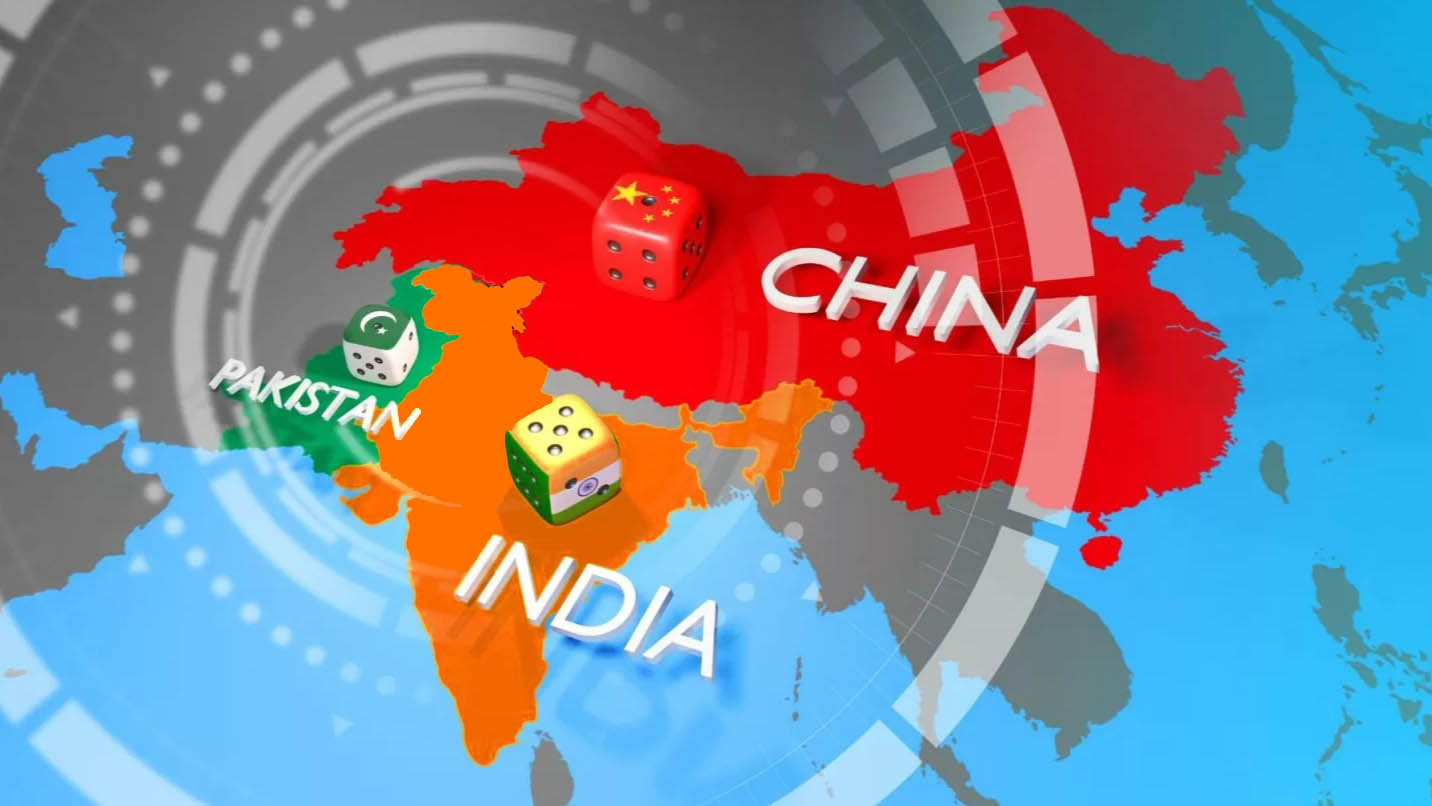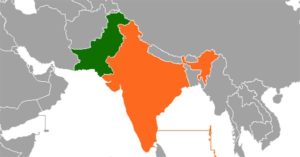The geopolitical landscape in South Asia has been marked by historical tensions and conflicts among the major regional players, namely India, China, and Pakistan. These nations have often found themselves at odds due to territorial disputes, historical grievances, and conflicting strategic interests. However, envisioning a scenario where these three nations forge a friendship could have profound implications for the region and alter the dynamics of their relationships with external powers, particularly the United States. This article explores the potential benefits, challenges, and consequences of improved ties between India, China, and Pakistan and the implications for their engagement with the United States.
Historical Context:
To understand the significance of improved relations among India, China, and Pakistan, it is essential to examine the historical context that has shaped their interactions. The region has been marred by conflicts such as the India-Pakistan wars, the Sino-Indian border disputes, and the Cold War dynamics that influenced alliances. Over the years, these historical issues have created a complex web of relations that have often strained diplomatic ties.
Benefits of Improved Relations:
Economic Cooperation:
Enhanced economic collaboration stands as a cornerstone for the development of a more integrated and prosperous South Asia. Joint infrastructure projects, including cross-border railways and energy networks, can act as conduits for economic growth, enabling seamless connectivity and trade. In addition, mutually beneficial trade agreements and coordinated investment initiatives have the potential to stimulate economic development across the region, creating a more resilient and interconnected South Asian economy.
Security and Stability:
Improved relations among India, China, and Pakistan have the potential to significantly contribute to regional stability. By fostering cooperation in counterterrorism efforts and border management, these nations can collectively address security challenges and reduce the likelihood of conflicts and military tensions. This section explores how a collaborative approach to security can create a conducive environment for sustained peace and development in South Asia.
Diplomatic Influence:
A united front comprising India, China, and Pakistan could amplify their diplomatic influence on the global stage, challenging the existing unipolar order. By presenting a unified voice, these nations can collectively address pressing global issues such as climate change, public health crises, and economic disparities. This section delves into the potential for a more multipolar world order and the role of collective bargaining power in shaping international norms and policies.
Shared Concerns: Addressing Global Challenges Through Unity
The diplomatic synergy among India, China, and Pakistan can extend beyond regional dynamics to address shared global concerns. Collaborative efforts in areas such as climate change mitigation, pandemic response, and economic cooperation can exemplify the collective impact of these nations on the international stage. This section explores how a united front can lead to more effective solutions to global challenges.
Challenges to Friendship:
- Historical Baggage:
- Lingering historical issues and deep-rooted mistrust may hinder the process of building genuine friendships.
- Overcoming historical grievances and addressing long-standing disputes, such as the Kashmir issue and border issues with China, would require sustained diplomatic efforts.
- Strategic Divergence:
- Despite shared interests, India, China, and Pakistan have divergent strategic goals, particularly in relation to their alliances and alignments with other major powers.
- Balancing their relationships with the United States, Russia, and other regional players poses a significant challenge.
- Domestic Considerations:
- Domestic political dynamics in each country can influence foreign policy decisions, making it challenging to maintain a consistent and unified approach.
Consequences for U.S. Relations:
- Shift in Alliances:
- Improved relations among India, China, and Pakistan may lead to a recalibration of their alliances, potentially reducing their dependence on the United States for security and economic cooperation.
- The U.S. would need to reassess its strategic interests in the region and adapt to the evolving geopolitical landscape.
- Economic Impact:
- A closer economic partnership among South Asian nations could alter trade dynamics and potentially decrease the region’s reliance on the U.S. market.
- The United States might need to explore new avenues for economic engagement and investment in the region.
- Security Concerns:
- A more cohesive South Asia could influence the U.S. security strategy in the region, requiring a nuanced approach to maintain stability and address emerging security challenges.
Prospect of India, China, and Pakistan becoming friends
The prospect of India, China, and Pakistan becoming friends holds immense potential for reshaping the geopolitical landscape of South Asia. While the benefits of improved relations are evident in terms of economic cooperation, regional stability, and enhanced diplomatic influence, significant challenges must be overcome. The historical baggage, strategic divergences, and domestic considerations require careful navigation.
Furthermore, the consequences for U.S. relations underscore the need for adaptability in American foreign policy. A shift in alliances and economic dynamics in South Asia would necessitate a reassessment of U.S. interests and a recalibration of diplomatic strategies. As the world continues to witness geopolitical transformations, the evolving relationships among major powers in South Asia will undoubtedly play a pivotal role in shaping the future of international politics.




